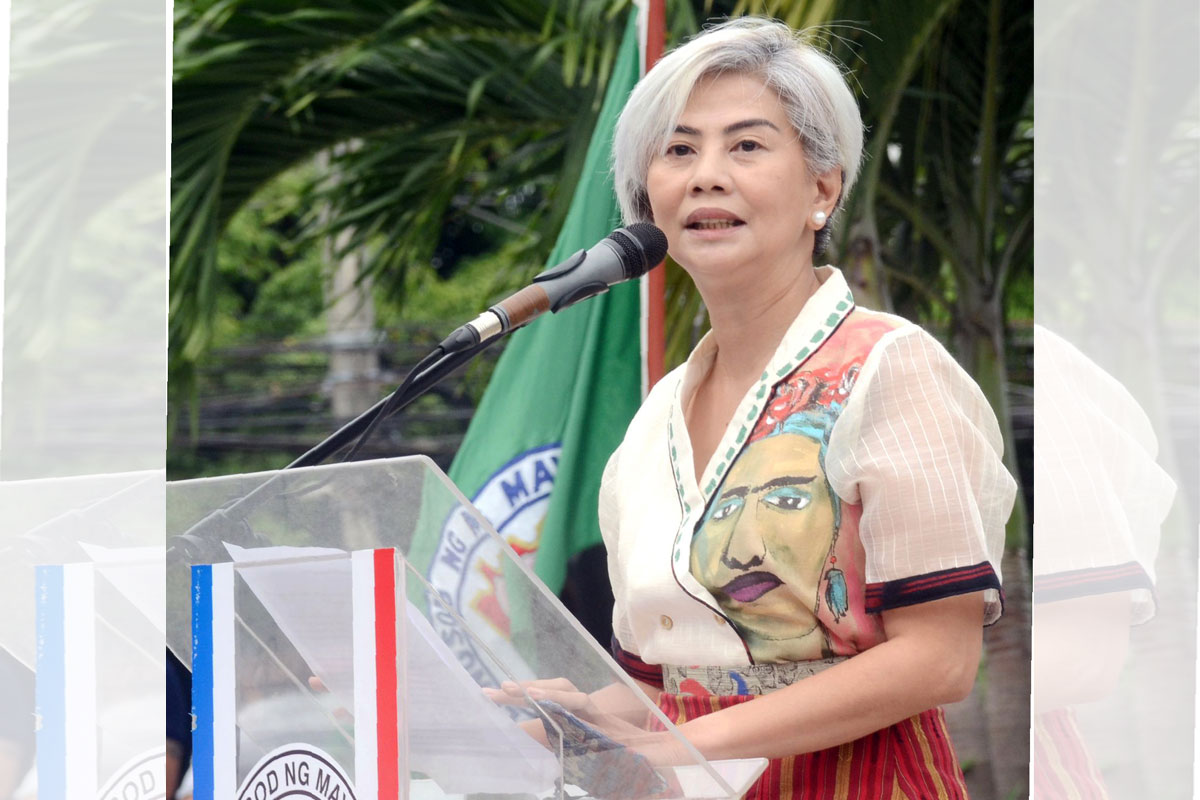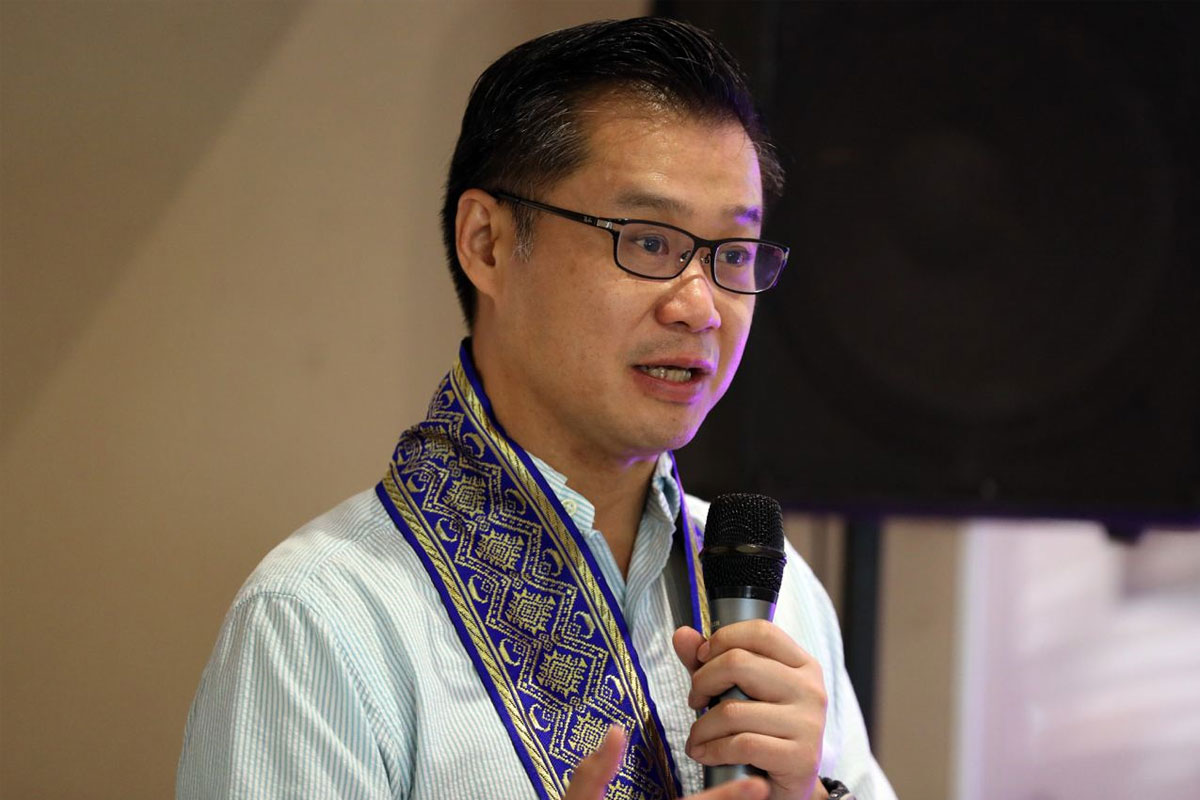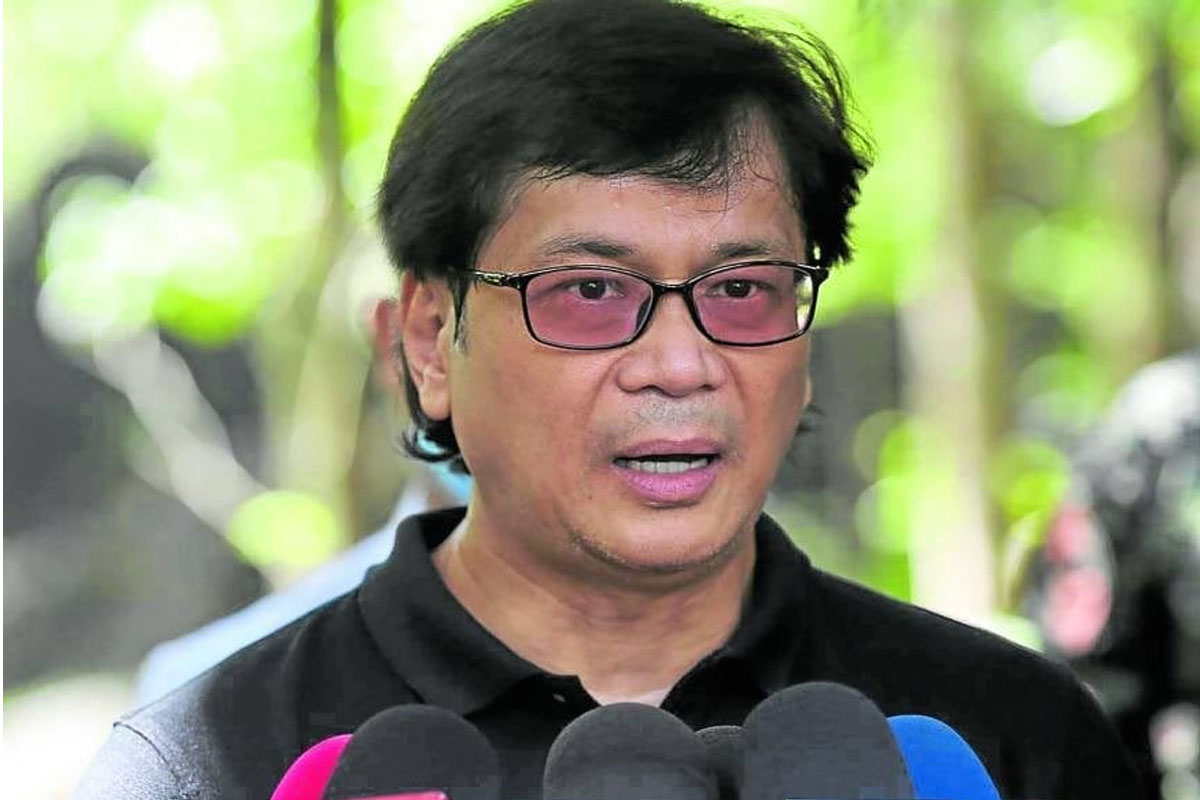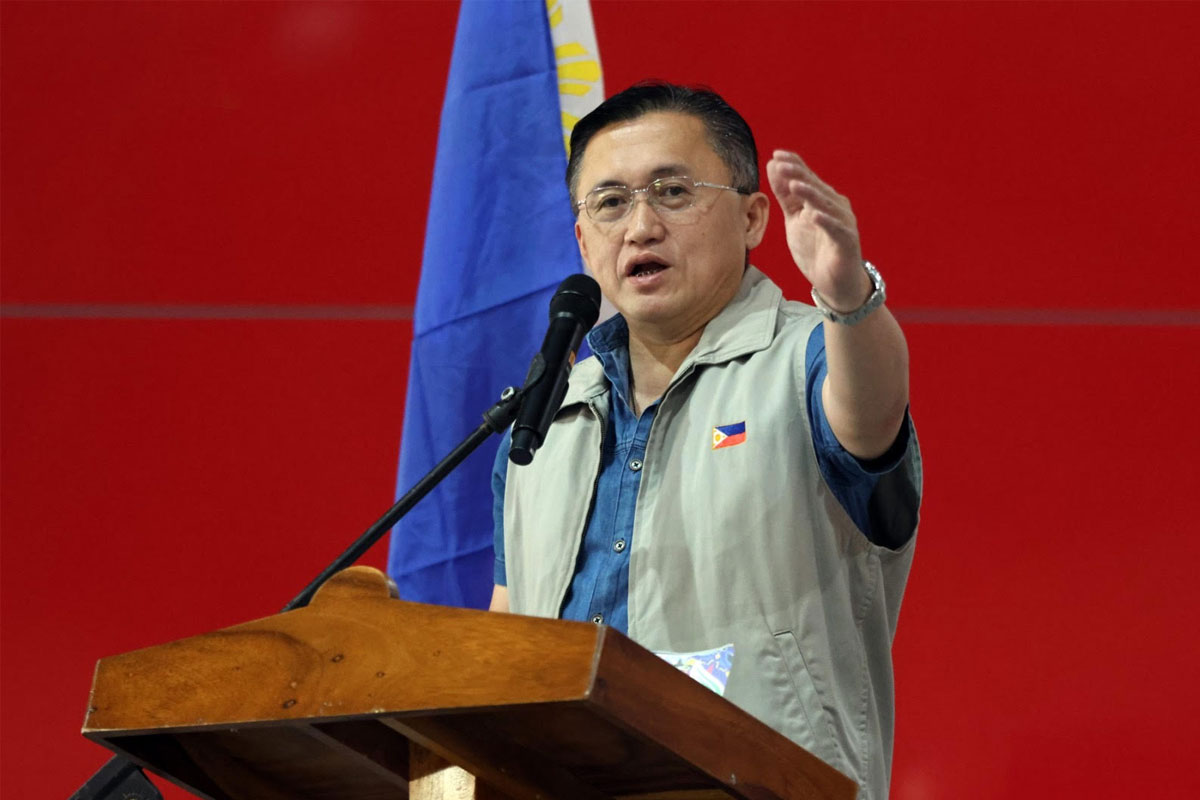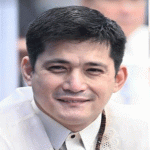
PBBM for ROTC return`
President Ferdinand “Bongbong” Marcos Jr. said the return of the mandatory Reserve Officers’ Training Corps (ROTC) would help bolster the country’s capability in dealing with disasters.
In his weekly vlog aired on Saturday, Marcos said the ROTC is designed to train high school students not only for national defense preparedness but also for disaster response and emergency management.
“Mas marami rin tayong maihahanda na sibilyan para sa mga ganitong disaster response sa pamamagitan ng ROTC program dahil hindi lang naman national defense ang tinuturo sa kanila kundi disaster preparedness and capacity building para dito nga sa tinatawag na risk-related situations na itinuturo sa kanila (We will be able to prepare more civilians for disaster response like this through ROTC. National defense will not be the only thing to be taught but also disaster preparedness and capacity building on so-called risk-related situations),” he said.
The chief executive made this remark after a magnitude 7 earthquake rocked Northern Luzon last week, leaving at least five people dead and causing massive damages to infrastructure, houses and livelihoods.
Marcos said while Filipinos are naturally caring and always ready to help others in times of disasters, those who respond to calamities must be properly trained and equipped with knowledge and skills in disaster response.
He likewise noted that Filipinos must always be prepared in times of emergency, given that the Philippines is situated along the Pacific Ring of Fire and the so-called typhoon belt, which makes it highly vulnerable to disasters and other extreme weather disturbances fueled by climate change.
Marcos has been pushing for the revival of the ROTC among senior high schools, declaring it as one of the priority measures of his administration during his first State of the Nation Address on July 25.
Disaster-proof communities
After witnessing the damage caused by the earthquake to infrastructure, particularly in the provinces of Abra and Ilocos Sur, the President said the country must also build “disaster-proof” communities and make the country more resilient to disasters.
“Ito ay nasira at kailangan talagang mai-restore kaagad kaya naman lahat ng ating mga itatayo na mga bago ay dapat disaster-proof na ang ating pagplano sa itong mga ito mula sa mga kalye, building, pati na rin ‘yung heritage site, eskwelahan, ospital, mga bahay ng ating mga mamamayan (These were destroyed and they need to be restored immediately. We plan to build disaster-proof roads and buildings, including heritage sites, schools, hospitals and houses),” he said.
Several cultural and heritage sites in Abra and Ilocos Sur sustained severe damage from the tremor, including centuries-old churches such as the Sta. Catalina de Alexandria Church in Tayum,
Abra, the cathedral in Vigan, the bell tower in Bantay, and the iconic Calle Crisologo, in Ilocos Sur.
Marcos assured that all the needs of quake victims are being taken care of and attended to by concerned national and local government agencies.
“‘Yung mga evacuees naman ay mabuti naman ang kanilang kalagayan. Kumpleto naman ang pagbigay sa kanilang mga pangangailangan (The evacuees are fine. The government has been able to provide their basic necessities so far),” he said.
“Sila ay nag-aantay na lang na mainspeksyon ang kanilang mga bahay upang matiyak na ito ay maaari na nilang balikan (They are just waiting for their houses to be inspected to ensure their safety once they are allowed to return to their homes,” he added.
He said according to the Philippine Institute of Volcanology and Seismology (Phivolcs), should there be aftershocks within two to three days, it would likely be weak and would not cause significant damage.
Meanwhile, Marcos thanked the private sector that immediately responded to the needs of the victims of the quake by sending food, water and generators. PND





